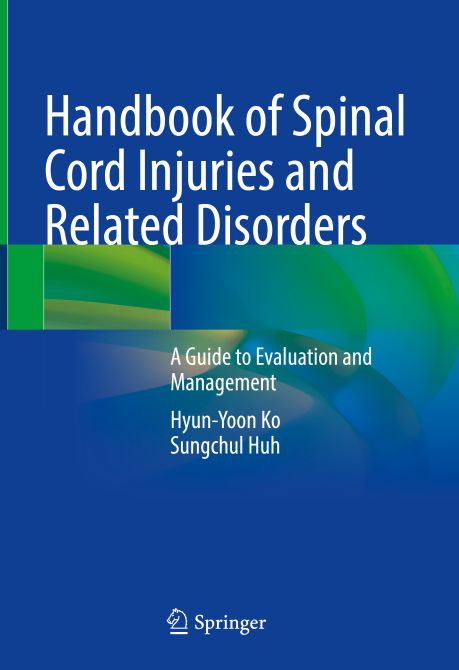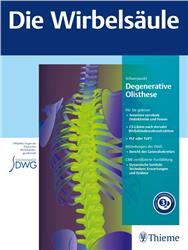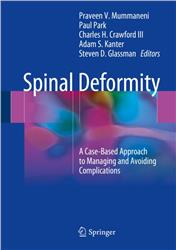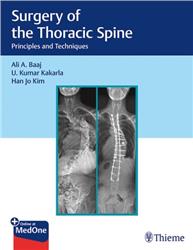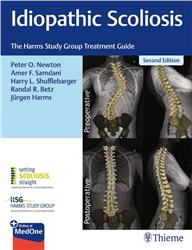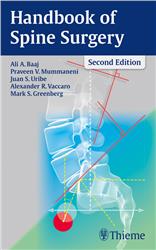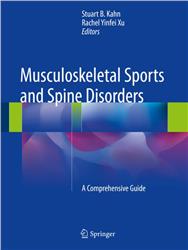Handbook of Spinal Cord Injuries and Related Disorders
A Guide to Evaluation and Management
| Auflage | 2021 |
| Seiten | 600 pp., 40 illus., 40 tab. |
| Verlag | Springer |
| ISBN | 9789811636783 |
| Artikel-Nr. | 569469 |
Lieferzeit ca. 5 Werktage
Produktbeschreibung
This easy-to-use handbook is designed to assist in the evaluation and management of spinal cord injuries and the diverse related disorders and conditions. Spinal cord injuries can cause abnormalities in all body systems due to dysfunction of the somatic motor and sensory systems and damage to the autonomic nerve system. The latter gives rise to respiratory and cardiac problems, temperature regulation disorders, endocrine system disorders, and many associated metabolic disorders. Other potential consequences of spinal cord injuries include pressure injuries and various disabilities and obstacles, ranging from physical limitations to social embarrassment. This handbook offers extensive guidance on medical management in different scenarios from the acute phase to long-term care, with a particular focus on information of importance for the solution of clinical problems commonly encountered in daily practice. It will be ideal for practitioners in rehabilitation medicine, neurosurgery, orthopedics, neurology, and other relevant specialties that deal with patients with spinal cord injuries.
Provides clear guidance on assessment and management of spinal cord injuries and the related disorders and conditions
Designed for everyday use in clinical practice
Of value for practitioners in a range of specialties
Provides clear guidance on assessment and management of spinal cord injuries and the related disorders and conditions
Designed for everyday use in clinical practice
Of value for practitioners in a range of specialties
Fachzeitschriften

Bleiben Sie informiert!
Melden Sie sich für den frohberg.de-Newsletter an und nutzen Sie jetzt Ihre Vorteil:- Willkommens-Dankeschön: Beatmungsmaske Rescue Me
- Aktuelle Neuerscheinungen und Empfehlungen
- Exklusive Angebote und Kongress-Highlights
